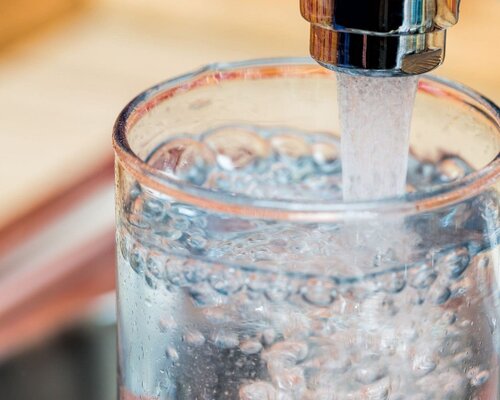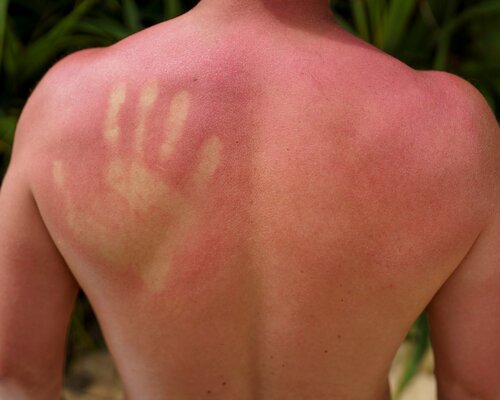12 Tips for Elderly Vulnerability to Heat
Heat is dangerous for the elderly because their ability to sweat is reduced. The greatest danger is dehydration due to inadequate fluid intake. Seniors often forget to drink due to a lack of thirst signals. It is absolutely necessary to prevent dehydration and other risks. Here are 12 care tips for the elderly during hot weather:
Tip 1
Drink at least two liters of water per day (more if you sweat a lot), even if you are not thirsty, and drink throughout the day. Check out our range of cups and accessories. Take water with you when going outside. There are convenient tools available, such as a storage container for mobility aids. Be moderate in consuming alcohol and caffeinated beverages, as they have a diuretic effect. If you urinate less than usual or if your urine becomes darker, you need to drink more.
Tip 2
Take care of your skin when going outside! Apply sunscreen with a high protection factor to exposed skin.
Tip 3
If possible, go outside only in the morning. Avoid going outdoors when it is very hot between 11:00 a.m. and 5:00 p.m. During those hours, the ozone level increases, and the polluting particles from exhaust fumes make the air unhealthy to breathe. Smog can cause shortness of breath, headaches, and irritation to the respiratory system and eyes.
Tip 4
Wear lightweight, airy clothing, preferably made of cotton, linen, or other natural fibers. Cover your head with a sun hat or cap when going outside. Replace a duvet or blanket with a sheet.
Tip 5
Take extra care of wounds to prevent infection.
Tip 6
Maintain a nutritious diet rich in protein and sufficient vitamins, and ensure adequate salt intake. Vegetables and fruits are recommended because they have a high water content and are a natural source of vitamins and mineral salts. Ensure proper refrigeration of food and maintain good hygiene in the kitchen. Food spoils more quickly at high temperatures, which can lead to diarrhea and excessive fluid loss.
Tip 7
Keep the heat out as much as possible. Avoid direct sunlight, use sunshades, and keep doors and windows closed during the day, opening them wide in the evenings and at night to promote ventilation.
Tip 8
If you feel hot, wet your face, neck, wrists, and legs, and repeat this regularly. A wet washcloth or ice pack can also provide cooling. Taking a lukewarm shower is also a good idea. If necessary, use shower aids such as non-slip mats, shower chairs, grab bars, etc.
Tip 9
Avoid excessive physical exertion and get plenty of rest. Use a cooling mat when resting or sleeping to keep your body cool.
Tip 10
Use a fan or go to cool or air-conditioned spaces. If using a fan, place it high enough and make sure the airflow is not directly on your body. Be cautious of significant temperature differences and drafts as they can cause colds.
Tip 11
If you live alone, have health issues, and experience a lot of discomfort due to the heat, ask your neighbors or family members to keep an eye on you or call you regularly. Consider subscribing to an alert system.
Tip 12
Be alert to your own condition. Seek immediate medical attention if you have health complaints. Also, consult your doctor for advice if you are taking medication that has a diuretic effect.





